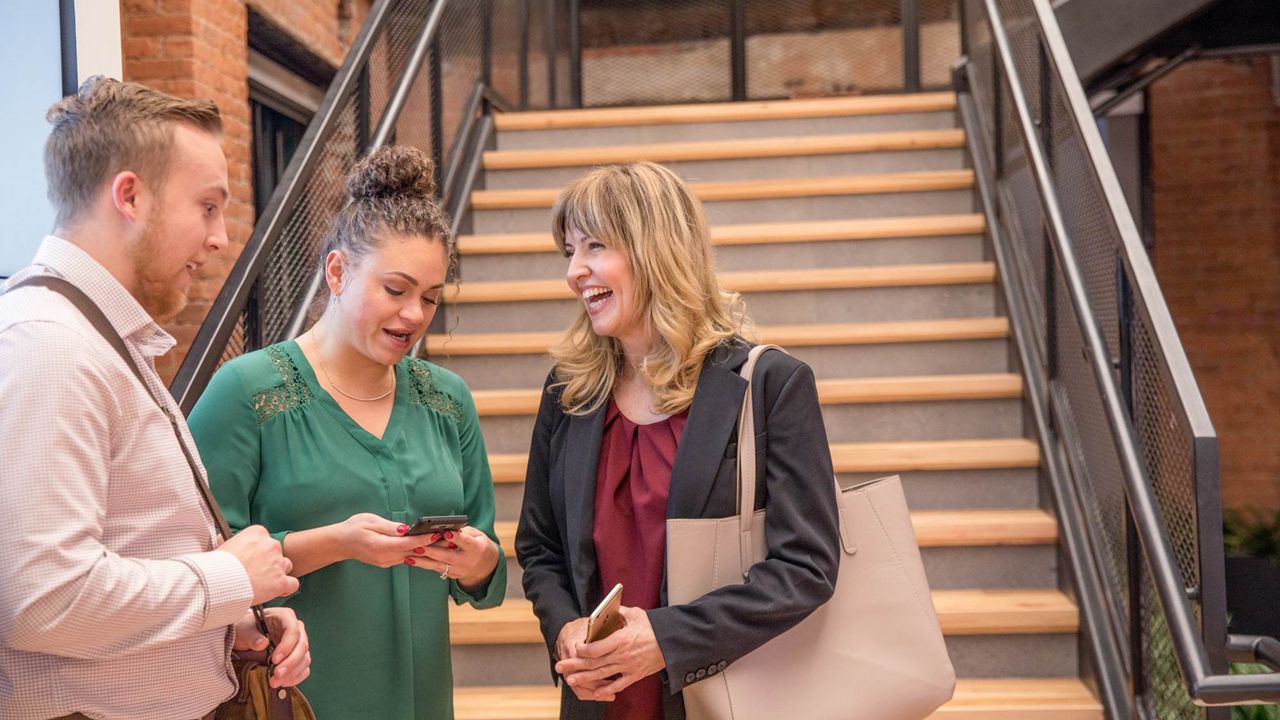We believe in a world where everyone has what they need to live their healthiest, fullest life, and we're working to make it happen—for the autism community, caregivers and everyone with a disability. To raise awareness of autism in the workplace, we’ve collected some tips from the autism community to help contribute to a more inclusive and accessible workplace.
Here are a few things to know about Autism Spectrum Disorder (ASD):
Autism spectrum disorder (also called ASD or autism) is aneurological and developmental disorder with a broad range of conditions characterized by challenges with social skills, repetitive behaviors, speech and nonverbal communications.Because it is a spectrum disorder, each person with autism is unique and has their own set of strengths and challenges.
People with ASD also fall on a range of needed support from significant, impacting their daily lives, to less support, living entirely independently.
1 in 44 children in the U.S. are diagnosed with ASD, and it is more common in boys than girls.
Here are some ways to be an ally and support your colleagues with autism:
The best thing you can do is to educate yourself—get familiar with ASD and pass along what you learn to others.
Ask your colleague how they preferred to be identified—do they prefer identity-first language or person-first language? Instead of using disabilities as defining adjectives, find out if they would rather be referred to as an ‘autistic person’ or a ‘person with autism.’
They are the experts on their accommodations—don't assume you know what’s best. Find out what support they need and work to provide a safe, inclusive and welcoming workplace. Be tolerant and flexible—autistic people may have trouble understanding unwritten rules of communication. If someone in your workplace isn’t comfortable with eye contact or small talk, be patient and show them respect.
Say what you mean—autistic people are more direct in their communication than neurotypical people. Don’t take this for being rude, and don’t return communication to them that is passive aggressive or rude. Meet them in the middle, and say what you mean without speaking in jargon, cliches or coded language.
We encourage you to get curious and continue learning about the autism community and ways you can continue to be an ally at work and in your community.
Interested in working for an organization committed to an inclusive, welcoming and safe workplace where employees feel that they belong? Visit


